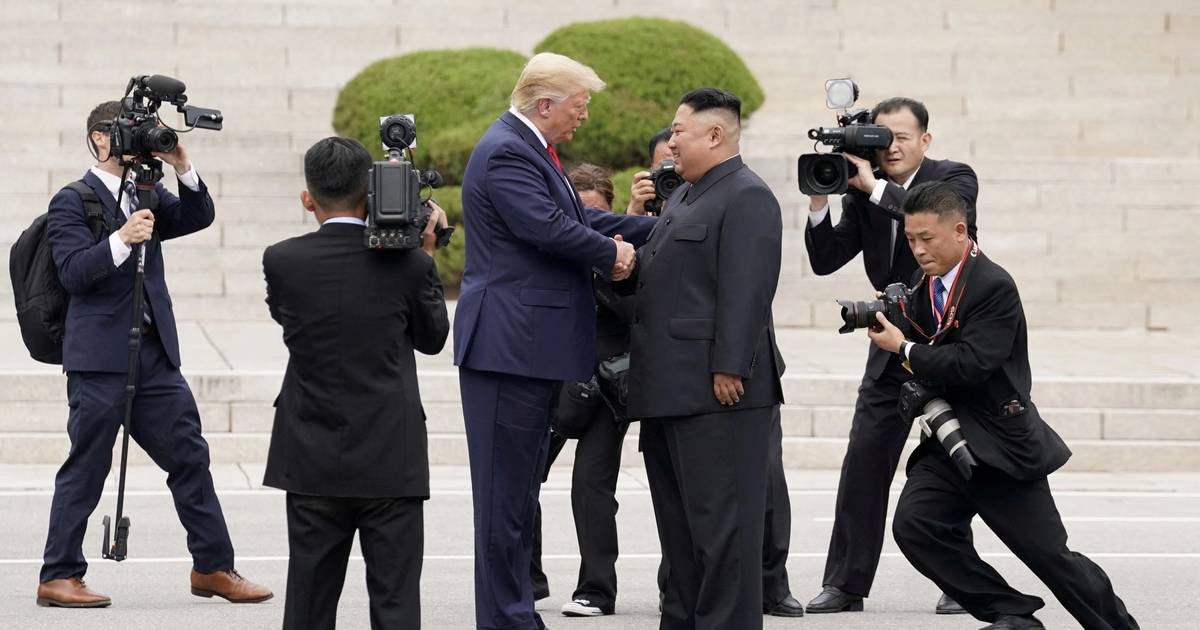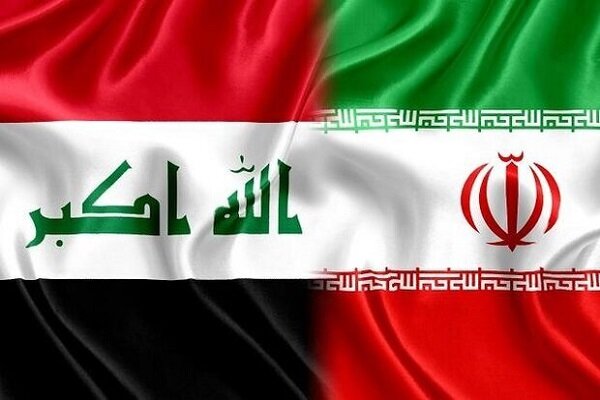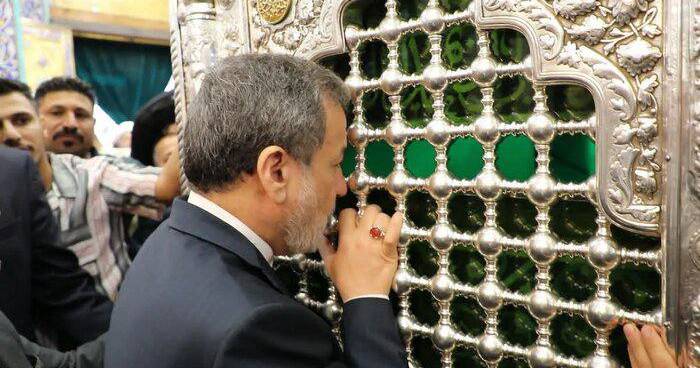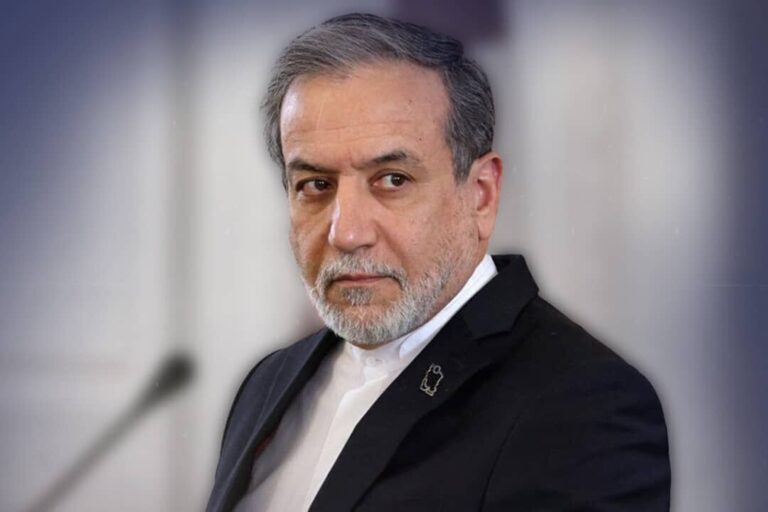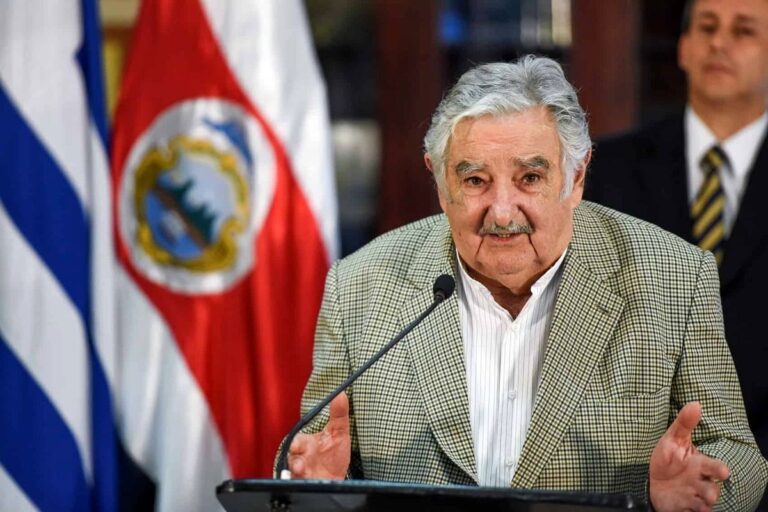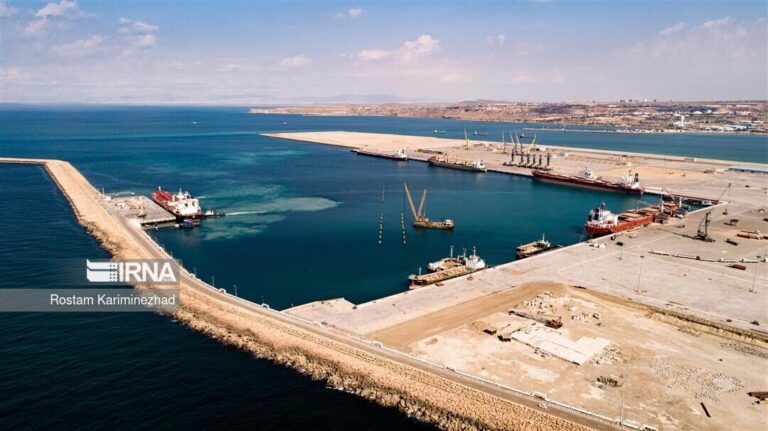Iranian Lawmaker Advocates for Nuclear Arsenal, Inspired by North Korea’s Security Strategy
In recent developments, a member of the Iranian parliament’s presiding board has openly advocated for Iran to develop and test an atomic bomb. This call for nuclear armament is framed as a move towards enhancing national security, drawing parallels with North Korea. Ahmad Naderi, the Tehran representative, articulated this viewpoint in a post on X, reflecting a growing sentiment among certain Iranian hardliners in the wake of threats from former US President Donald Trump.
Naderi’s statements resonate with the belief that possessing an atomic bomb could provide Iran with a similar sense of security that North Korea has experienced. In his post, he stated, “Observing the behavior and words of Trump during his first presidential term with North Korea shows that having an atomic bomb has brought security for Korea.” This perspective is rooted in the history of diplomatic engagements between Trump and North Korean leader Kim Jong Un.
During Trump’s presidency from 2017 to 2021, he engaged in three notable meetings with Kim, which included venues such as Singapore and Hanoi. These meetings were significant as they marked the first time a sitting US president visited North Korea. According to a report by Reuters, Trump’s administration was considering renewed direct talks with Kim, hoping to mitigate the risks of military conflict through diplomacy.
Naderi, who faced sanctions from the European Union in 2010 due to his involvement in controversial plans regarding the Revolutionary Guards, emphasized that there has been a longstanding demand among Iran’s elite and concerned citizens for the country to conduct tests and openly declare its nuclear capabilities. He asserted, “If we were also armed with an atomic bomb, Trump would not dare to threaten bombing.”
On the same day, Ali Larijani, a veteran nuclear negotiator and advisor to Iran’s Supreme Leader Ali Khamenei, suggested that the increasing threats from the US could compel Iran to consider acquiring nuclear weapons for self-defense. He noted that public pressure for such a move is likely to rise in light of escalating tensions.
In October, a coalition of lawmakers urged Iran’s Supreme National Security Council to reassess the nation’s defense doctrine, advocating for a consideration of nuclear weapons in response to growing risks, particularly from Israel. The relationship between Iran and Israel has become increasingly fraught, characterized by direct aerial assaults as their long-standing shadow war escalates.
The lawmakers argued that the current geopolitical circumstances justify a reevaluation of Khamenei’s religious decree against nuclear weapons. Despite Iran’s official denial of pursuing nuclear arms and Khamenei’s stated opposition, recent remarks from political figures indicate a burgeoning debate on the nation’s nuclear policy in response to perceived external threats.
According to the United Nations’ nuclear watchdog, Iran has enriched more uranium than any nation not possessing nuclear weapons. In February, the Wall Street Journal reported that Iran had significantly increased its stockpile of highly enriched uranium, as detailed in a confidential United Nations report. This stockpiling is seen as critical for the potential development of atomic weapons.
The report highlighted that Iran’s enriched uranium, now at 60%—close to weapons-grade—places the country in a position to produce up to six nuclear weapons. This alarming development has raised international concerns regarding Iran’s nuclear ambitions and the implications for regional security.
- Advocacy for Nuclear Arms: Ahmad Naderi calls for Iran to develop atomic weapons, citing North Korea as a model for security.
- Response to Threats: Naderi links the desire for nuclear capability to threats made by former US President Trump.
- Public Support: Many Iranian elites and citizens are reportedly in favor of Iran testing and announcing its nuclear capabilities.
- Diplomatic History: Trump’s engagement with North Korea is referenced as a reason for Iran to pursue nuclear arms.
- Growing Debate: Statements from various political figures indicate increasing discussion within Iran regarding its nuclear policy amid external threats.
As the geopolitical landscape continues to shift, the debate surrounding Iran’s nuclear ambitions remains a critical topic. The implications of such discussions extend beyond Iran, potentially influencing regional and global security dynamics. With the ongoing tensions and the evolving stance of Iranian lawmakers, the future of Iran’s nuclear policy will be pivotal in shaping the nation’s security strategy.
